Overview
The Piikani Lands Department received $80,000 for the completion of a Climate Risk and Vulnerability Assessment.
This project was funded by the Government of Alberta, through the Municipal Climate Change Action Centre’s Climate Resilience Capacity Building Program.
Approach
The Piikani Lands Department’s mission is to promote the preservation of Piikani Nation lands and natural resources through education and transparency to ensure the protection of lands for future generations.
This climate risk assessment provides a clear understanding of the current and future hazards and risks that the Piikani Nation will be impacted by. The assessment establishes a baseline from which to develop adaptation actions and plans that will directly address future climate risks.
This community-wide risk assessment was developed through discussions with community members and leaders. The Prairie Adaptation Research Collaborative (PARC) also provided additional in-kind support in the form of climate parameter maps and a dataset on the Old Man River watershed.
During this project, engagement was completed with all Piikani Nation government departments under the leadership of the Lands Department. Youth perspectives were also brought into this project, through engagement with students at the Piikani Secondary School.
Community events provided a further opportunity to engage with community members, including Climate Change and Resilience Days at the Piikani Nation Secondary School, and the Lands Department Open House.
This project also liaised with other ongoing report writing projects at Piikani Nation to ensure consistency of terminology and approach.
Results
The risk assessment identifies three primary climate related hazards: extreme heat, drought risk, and changes in precipitation patterns. In the context of the historic drought experienced by the Piikani Nation, increasing extreme heat events and more sporadic and erratic precipitation patterns are found to be the primary climate factors driving this drought.
Smoke from grass or wildfires, health risks, and impacts to community infrastructure connected to localized flooding, extreme heat, and smoke are also explored. There will also be significant risks to traditional plants, livestock, and wild animals.
Based on these risks, future infrastructure developments will need to be adapted, in terms of cooling and building envelope, and the Nation’s long-term drinking water source will need to be carefully managed and monitored.
The risk assessment includes several next steps for climate adaptation planning efforts across natural, built, and social/cultural systems.
In addition to the risks, the assessment finds several opportunities for the Piikani Nation in the face of a changing climate, including opportunities for innovative building technologies, greenhouses or gardens for culturally significant species, and regenerative livestock grazing.
Benefits
The report provides an opportunity to increase community wide understanding and education on climate change risks and hazards.
As the Nation experiences the impacts of climate change and extreme weather events, this assessment supports the community in identifying next steps to mitigate the greatest risks.
As Stewards of our environment, we will continue to create awareness of Climate Change through engagement with our Youth, Elders and Piikani Members. Education skills will be our most powerful tool to prepare for the future.
Noreen Plain Eagle, Piikani Lands Manager
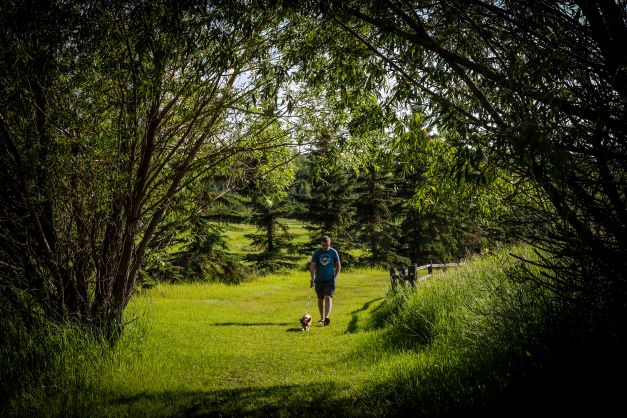
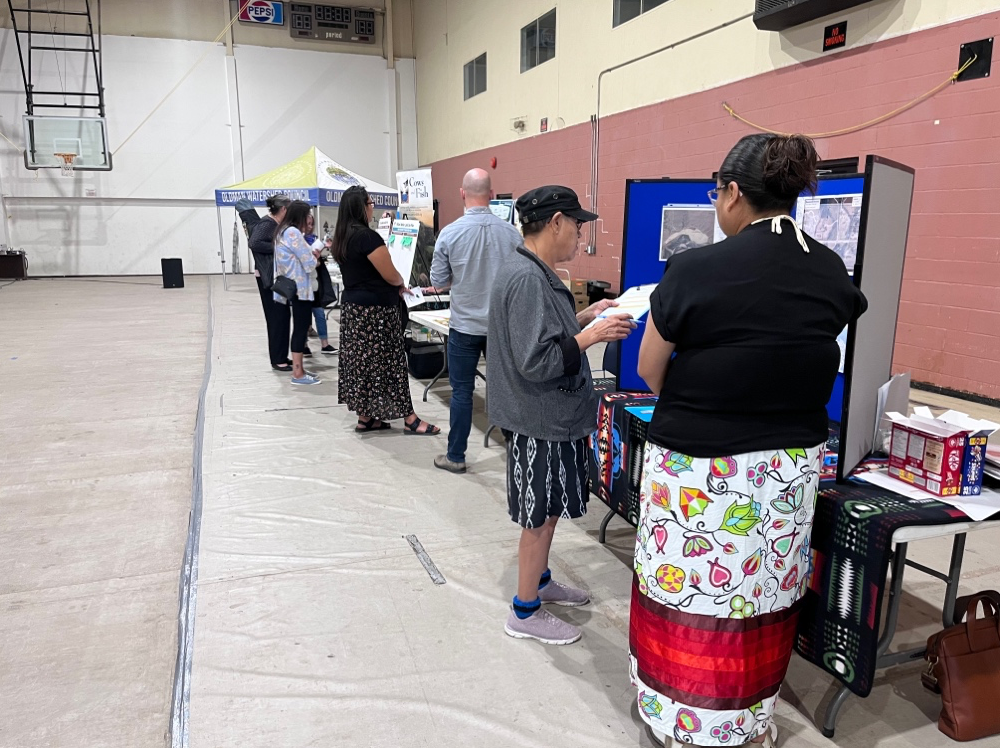
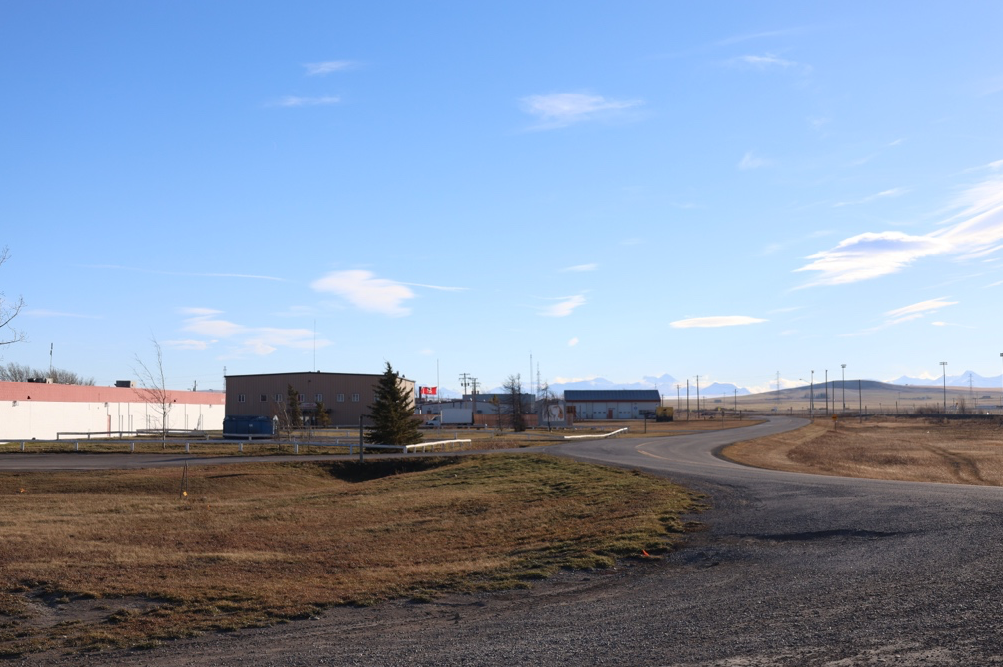
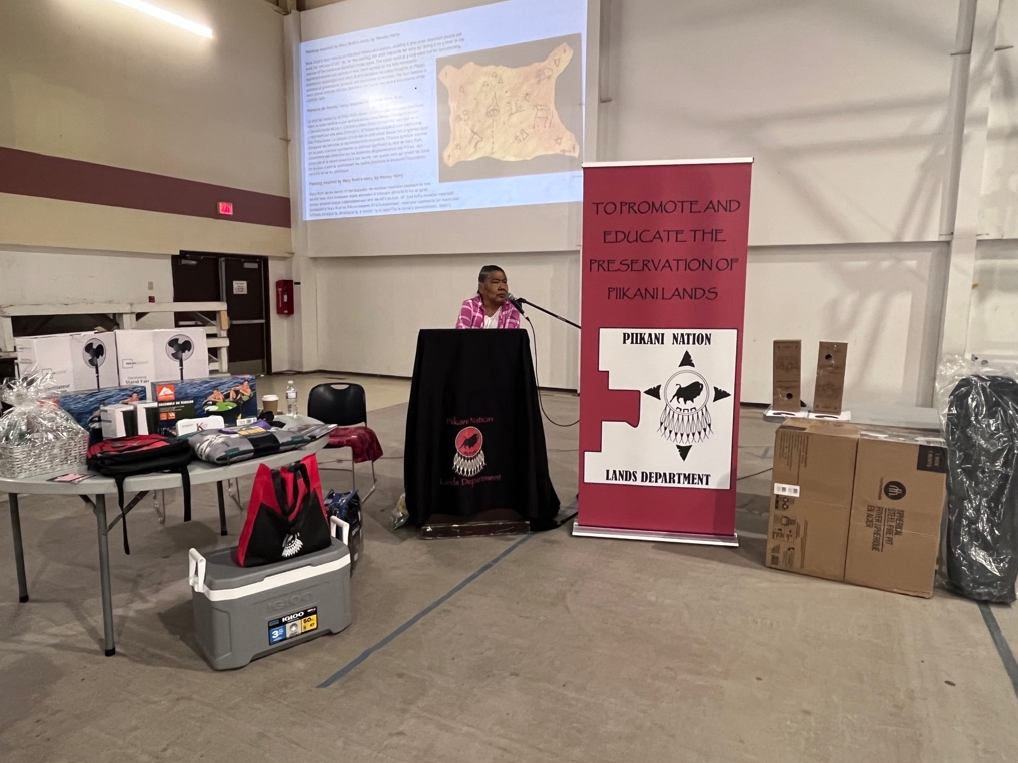
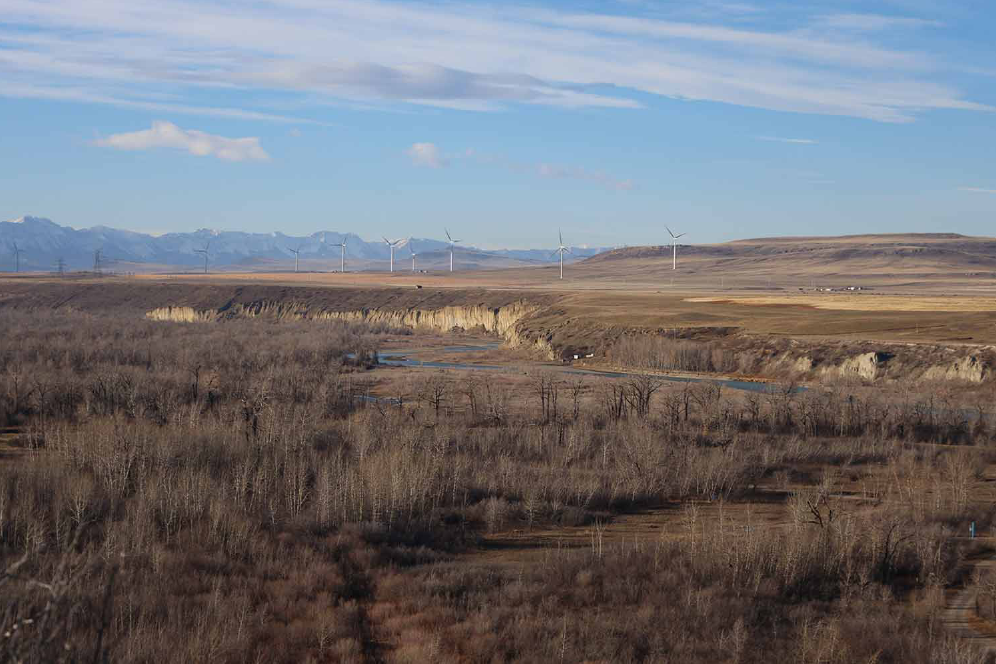
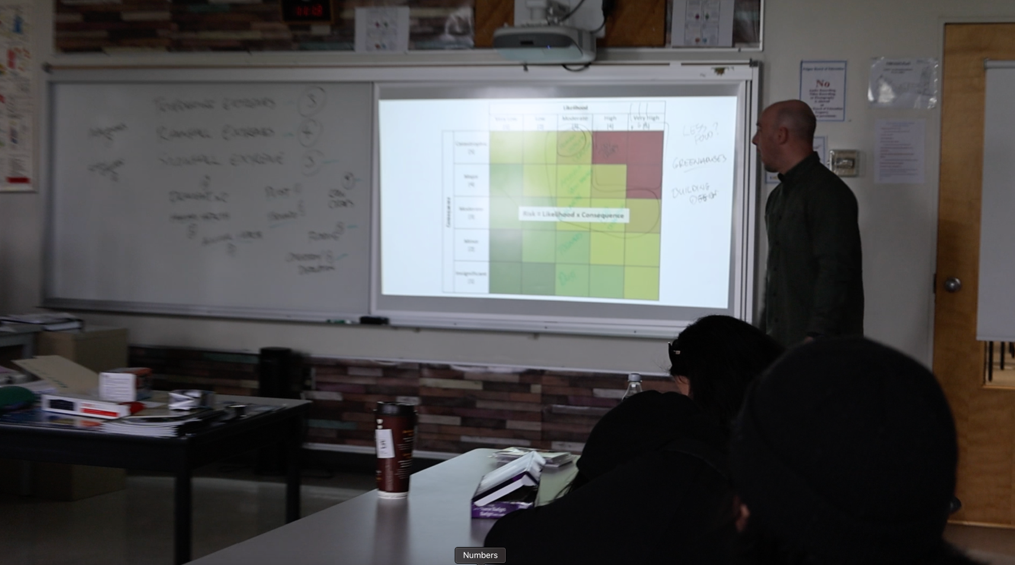

You must be logged in to post a comment.